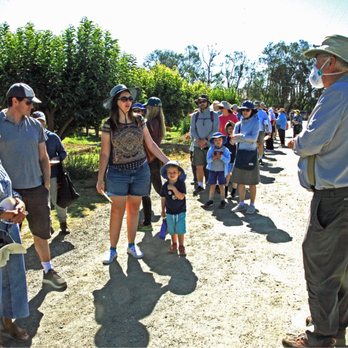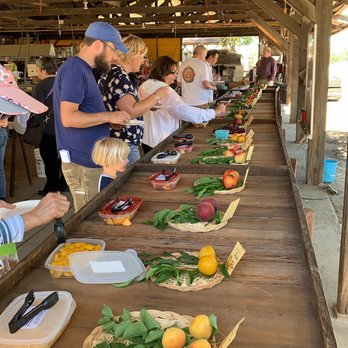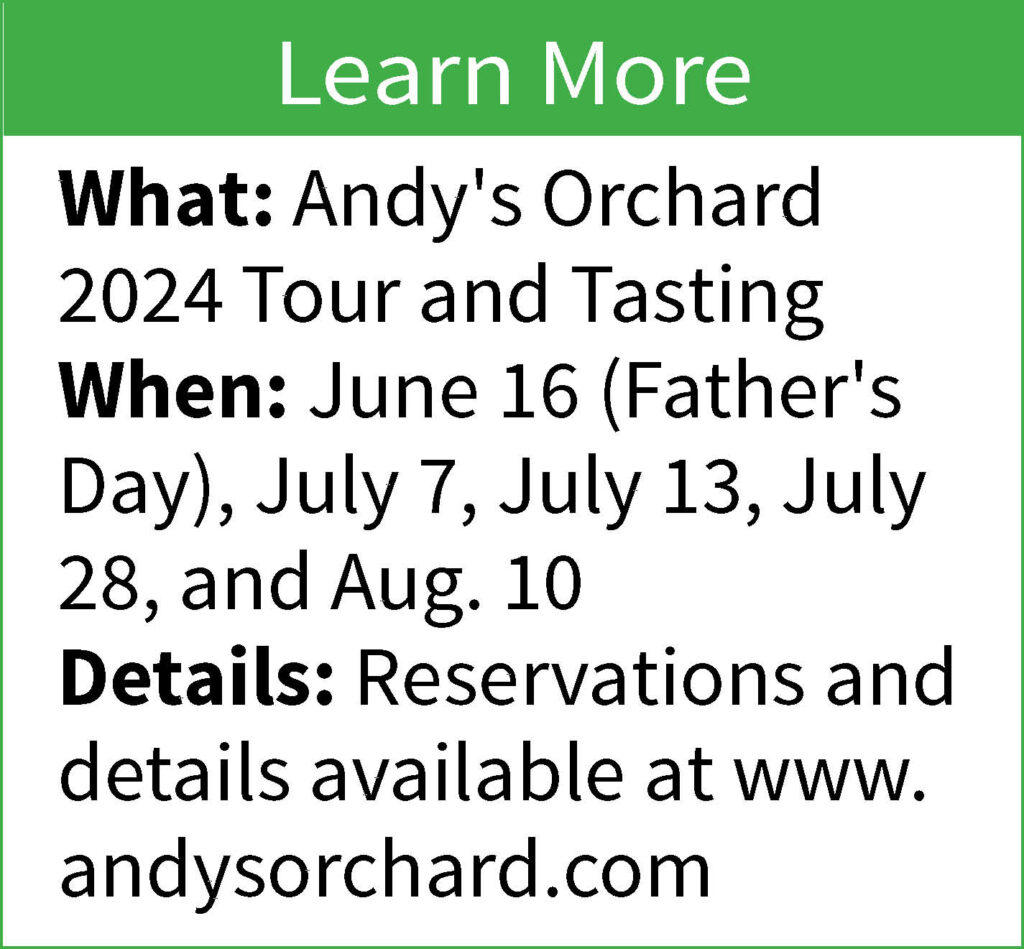“Biting into a Baby Crawford peach at the height of flavor cannot be measured by price alone.”
![]()

By Mike Monroe

Mike Monroe
After reading the first newsletter of the season from Morgan Hill’s Andy’s Orchard, the word “value” started buzzing in my head — just like the bees that zip around his oasis of fruit trees while pollinating the blossoms. They mark the beginning of another annual cycle sponsored by Mother Nature.
The idea and meaning of value took hold within my thoughts. Andy Mariani’s opening commentary highlighted his agricultural practices. Growing healthy trees and harvesting the bounty of their ripening fruit at the peak of flavor has been his way of doing things for years — actually decades. His welcome back message highlighted a not so new practice called “regenerative farming.”
Basically, everything begins with healthy soils and the avoidance of harsh chemicals. Natural fertilizer from cover crops, which are composted in the orchard, provide nourishment for trees. Biodiversity is encouraged by employing organic sprays and gentle pest management strategies. The realities of insects and pathogens, many imported into Santa Clara Valley, require a never ending learning curve. Andy’s research and willingness to share information, the “true dirt of the matter,” are invaluable for those who relish his stone fruits cornucopia.
Andy is more than willing to teach his customers what it takes to farm. His knowledge and experience are a “value” that market prices do not understand.

 Biting into a Baby Crawford peach at the height of flavor cannot be measured by price alone. The level of satisfaction is beyond quantification. Apricot jam or cobblers that burst with complex layers of sweetness provide blissful value that only derive from an orchard tended with care and skill year after year.
Biting into a Baby Crawford peach at the height of flavor cannot be measured by price alone. The level of satisfaction is beyond quantification. Apricot jam or cobblers that burst with complex layers of sweetness provide blissful value that only derive from an orchard tended with care and skill year after year.
Annually, I indulge myself with a new book about fruit trees. Usually I select an author who writes about the history of the Valley of Heart’s Delight — a place that existed not too long ago here in Santa Clara County, but it is now being relentlessly converted into an urban landscape.
This year I decided to refresh myself with Sophie McKay’s Guide to Growing Fruit Trees with Sustainable Practices for Healthy, Bountiful Harvests. It was published early this year. I was drawn to her emphasis upon “permaculture” because, in my mind, it is synonymous with Andy’s view of holistic farming.
Permaculture is a system that values long-term design and maintenance of farm and orchard ecosystems. It purposefully promotes diversity, stability and resilience of a fruit orchard such as Andy’s. Andy’s Orchard has been nurtured for a long time, with the intention of letting the trees take care of themselves, for the most part, employing Andy’s expert skill set when drought or a new pest challenges the health of his orchard.
However, permanence is not a value in our fast-paced culture. Today, most consumer behaviors rely upon convenience and price points. The few heritage orchards that remain in the Santa Clara Valley are places where people visit like a museum. The trend is to avoid getting our hands dirty, working up too much of a sweat and perpetuating what is called the “homogenization of food.” The cost and productivity factors for improving soil health and maintaining heritage fruit varieties do not provide enough economic value. We as consumers are pushed to settle for the bland and the cheap.
It is for these reasons my spirits are rejuvenated every time I visit Andy’s Orchard, and farmer’s markets and restaurants that support farm-to-table principles.
I am willing to pay a price for value, and the values represented by the family farms that live out Aldo Leopold’s maxim of a land ethic. Gentle gardening with fruit trees and vines is my therapy. It is my hope that younger generations will recognize and retain this value.
Mike Monroe is a local history buff with a focus on South Valley landscape. He and his family have lived in Gilroy since 1986.






